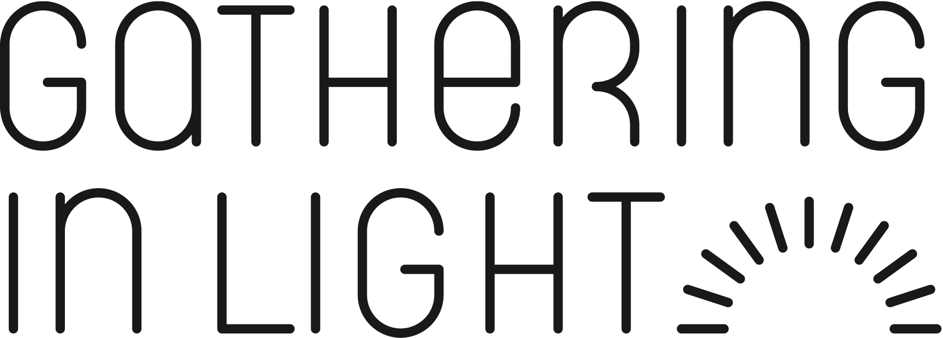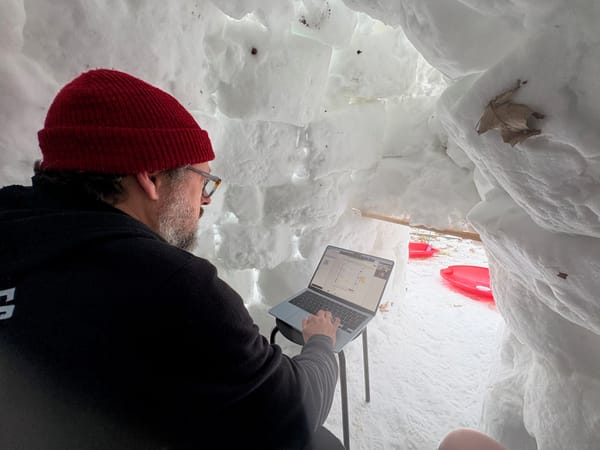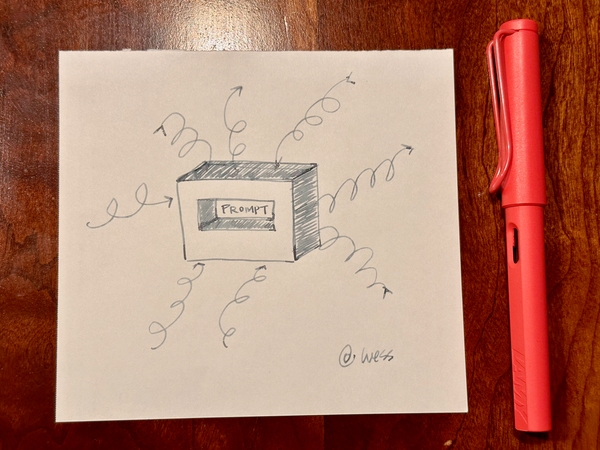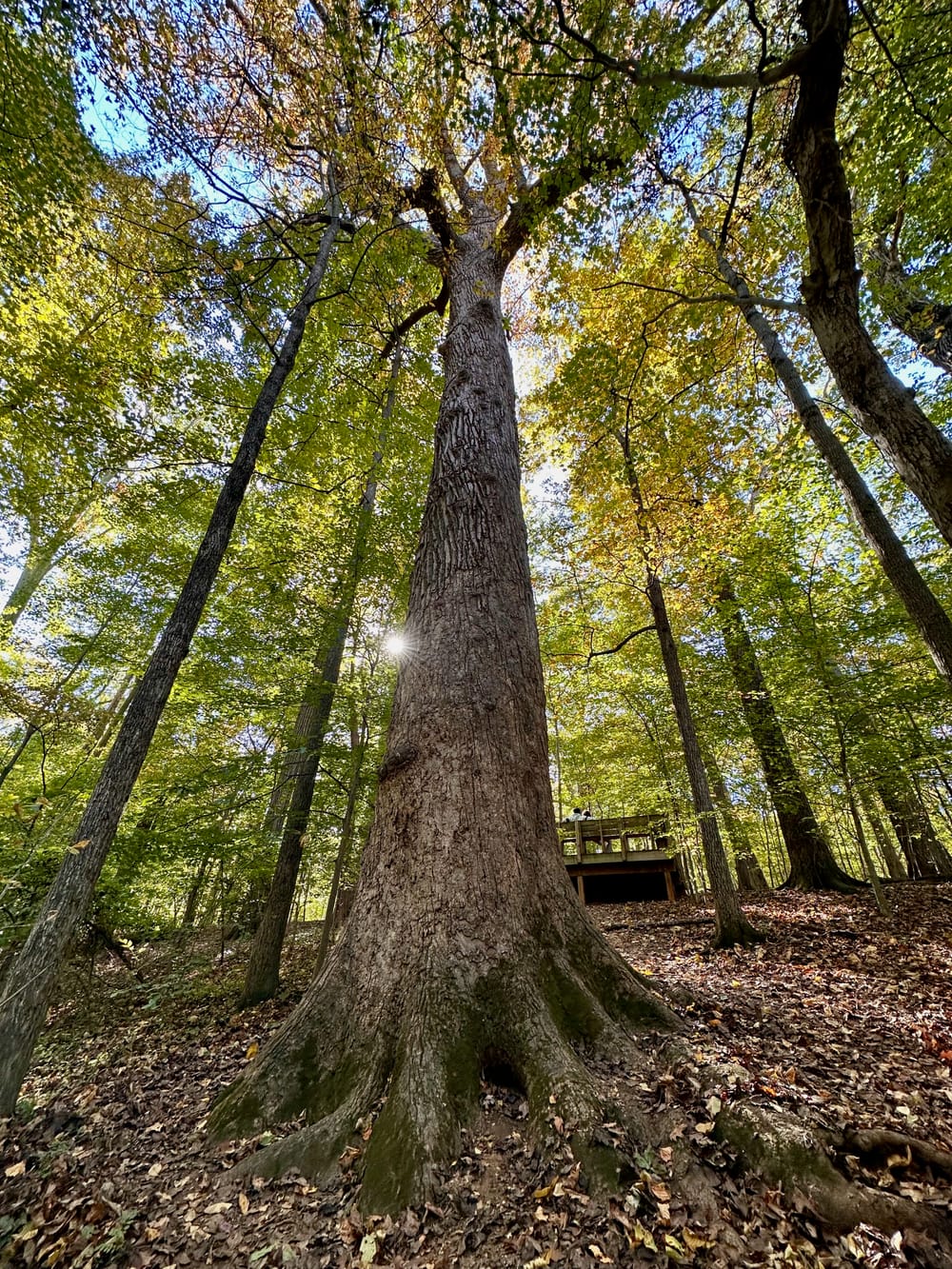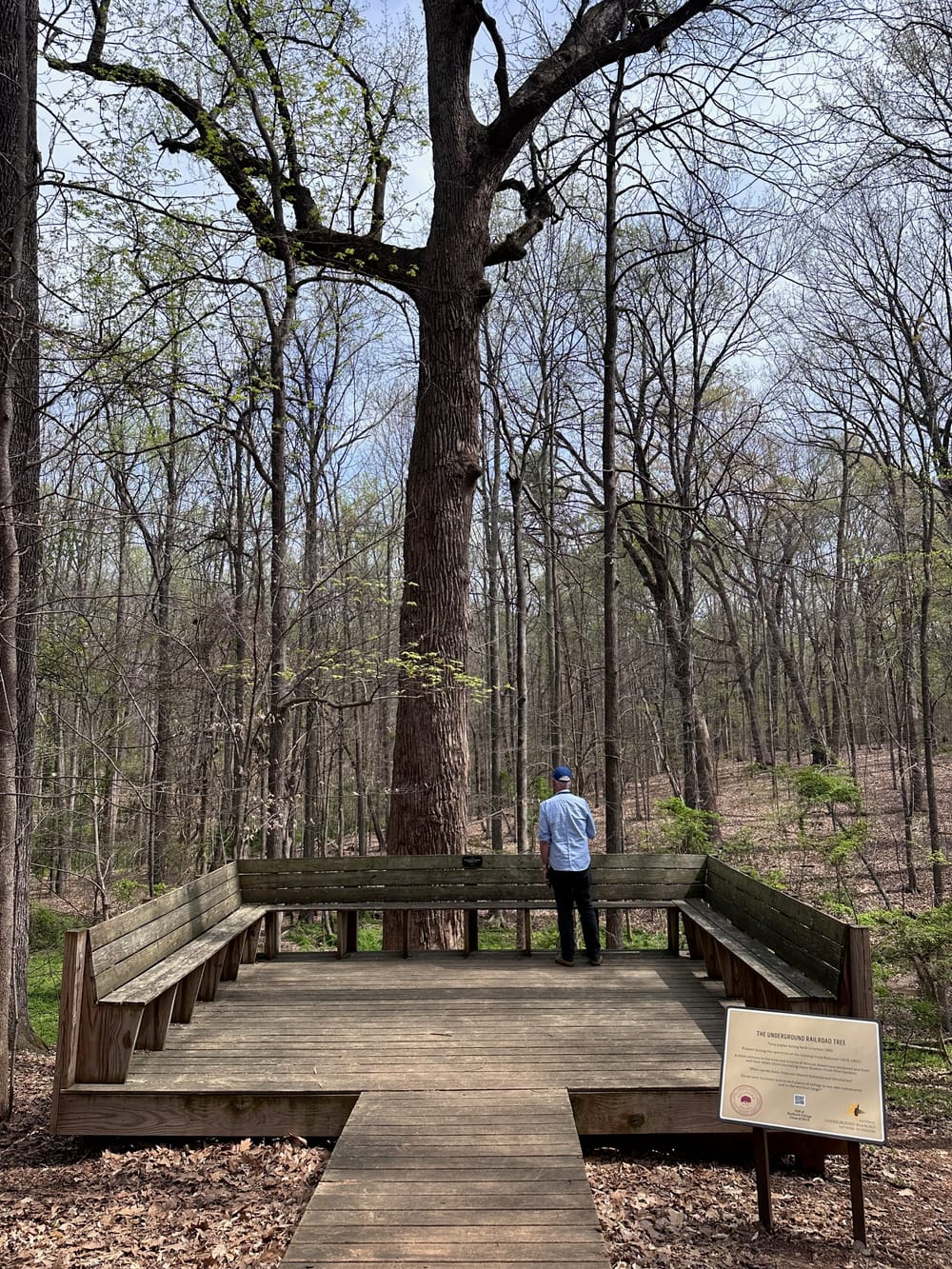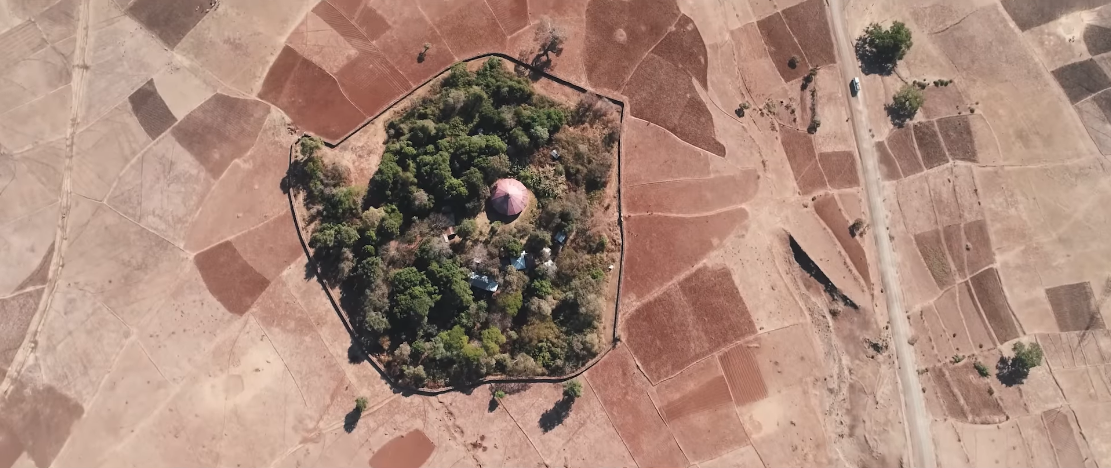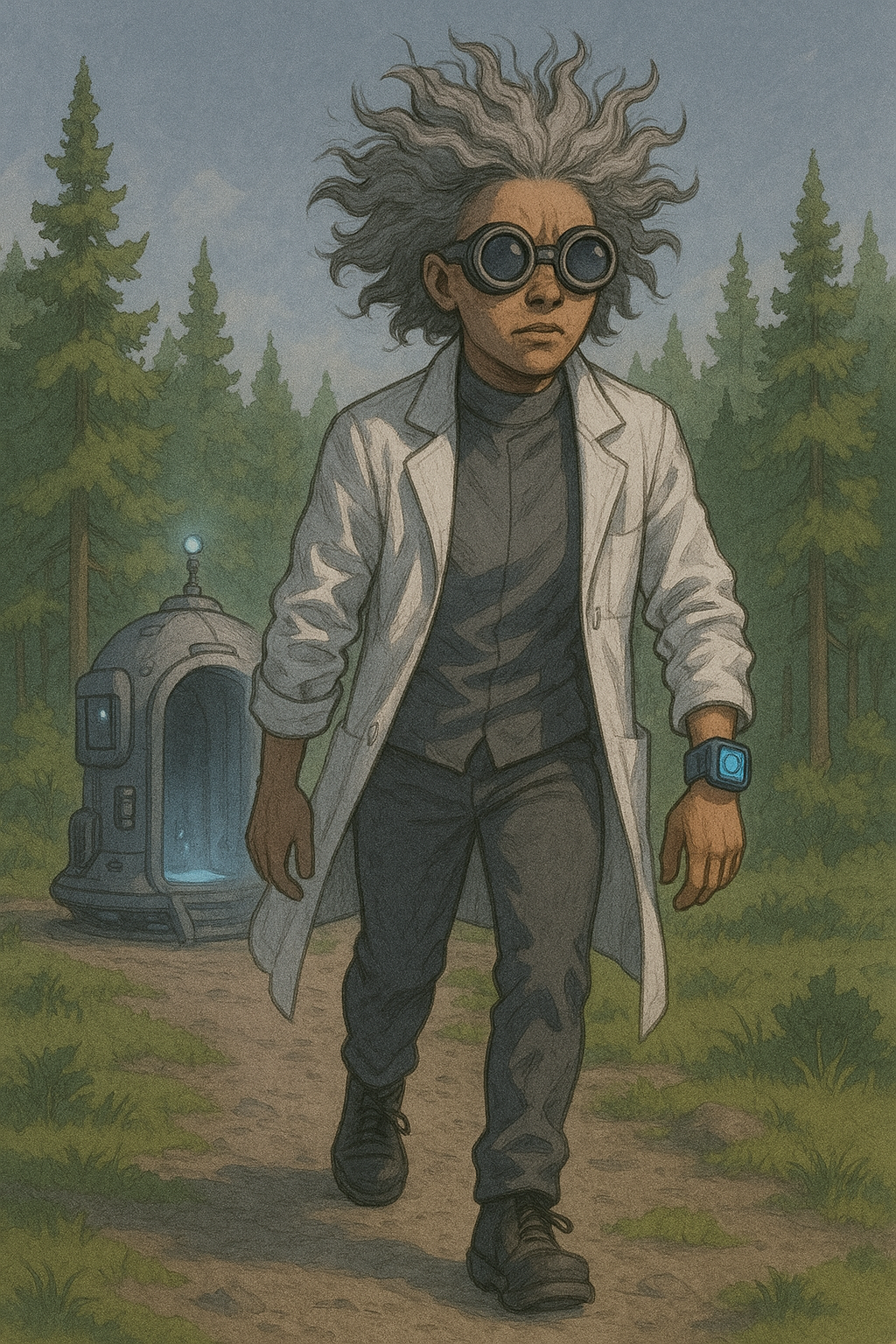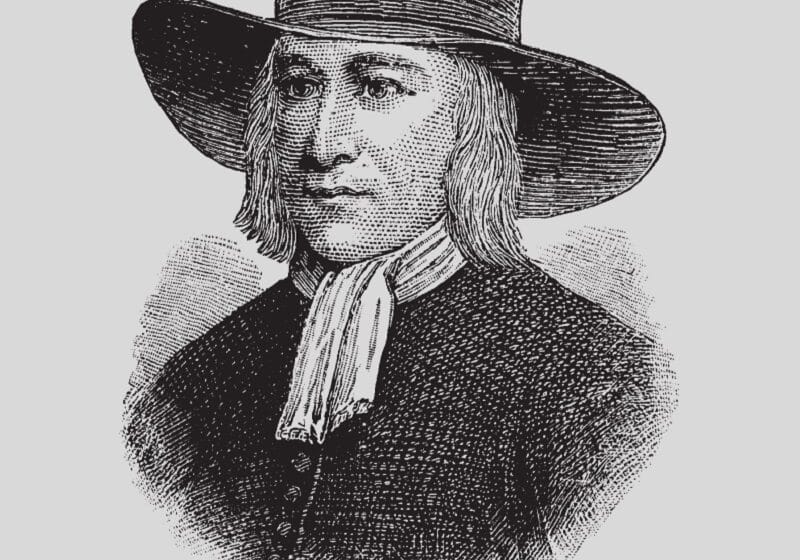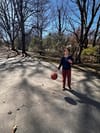Newsletter
A Shot of Light - PDX/Camas Here We Come
I am headed to Portland, OR and Camas, WA with my wife Emily in a couple of weeks. I wanted to share out more specifics about that trip, plus a few other updates while I have you on the line.
2 min read
Read this newsletter →
